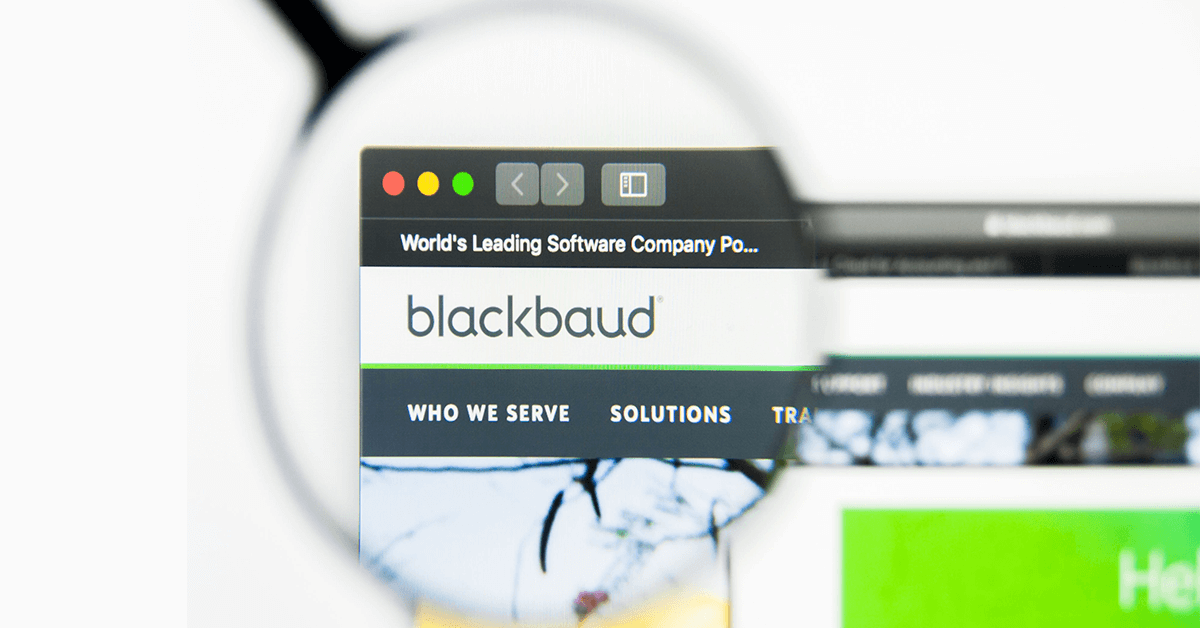July 19, 2022
The U.S. sees firsthand the trade-offs inherent in the experiment known as democracy. Bakers, event planners, cakemakers, theme park operators, and even software providers are in the cross-hairs as they navigate the meanings of their brands.
The timing of this discussion coincides with a TechCrunch article that called out Blackbaud for having the National Rifle Association (NRA) as a customer (the article was published a week after the Uvalde school shooting). While the details of the original article were somewhat inaccurate, the major point was clear: a company that claims they provide “Software solutions powering the entire social good community” had a customer that sells rifles and assault weapons to young people who shoot up schools. My informal survey of Blackbaud customers revealed that only one school out of ten contacted would reconsider their future relationship with Blackbaud given the school’s current commitment to their systems. From Blackbaud’s perspective, the notion of choosing customers based on the alignment of organizational philosophies seemed inequitable and non-inclusive. Those issues were central to the Masterpiece Cakeshop Supreme Court case in 2018. How would you choose the vendors of your products and services?
Additionally, Blackbaud pointed out that…

